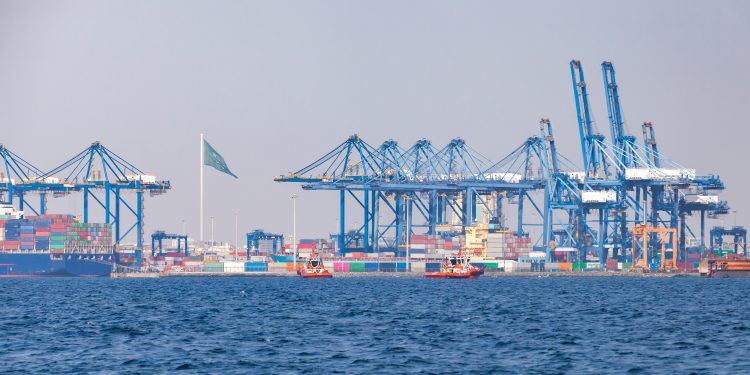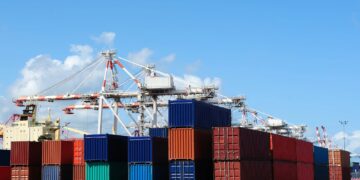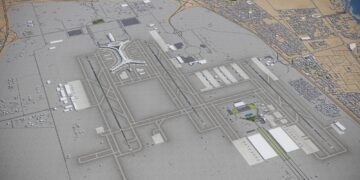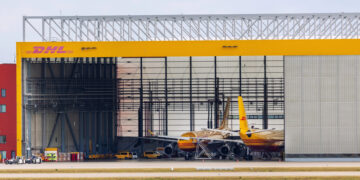As Saudi Arabia charts a path towards the ambitious targets of Vision 2033, the logistics sector is emerging as a key player in the country’s economic transformation.
In today’s fast-paced world of international commerce, the integration of transport and distribution networks is critical for spurring economic development across various domains. Logistics sits at the heart of economic diversification, spearheading the movement of commodities, services, and populations, thus reducing over-dependence on conventional revenue sources.
The burgeoning logistics sector in Saudi Arabia is bolstering connectivity and infrastructure while simultaneously fostering growth in sectors such as hospitality, retail, and real estate. With a clear objective to curtail its reliance on oil, the Kingdom is capitalizing on its strategic geographical locale, bridging vital global trade pathways that connect Asia, Europe, and Africa.
Heightened Investments
Saudi Arabia’s prime location is a significant asset within the Middle Eastern logistics market, projected to hit roughly US$ 97.1 billion by 2030, growing annually by over 5.7%. The Kingdom is advancing its logistics framework with planned expansions of the Saudi Arabia Railways (SAR), aiming to extend the nation’s rail network from 4,500 kilometers to 8,000 within the next few years.
Billions have been injected into the development of ports and airports, substantially upgrading the nation’s infrastructure. For instance, the King Abdulaziz Port in Dammam’s expansion has led to it handling in excess of one-fourth of the nation’s imports in the first quarter of 2024. Similarly, the Jeddah Islamic Port’s enhancement is a testament to Saudi Arabia’s commitment to elevating its maritime capabilities, creating job opportunities, and providing specialized training in the logistics sector.
These infrastructural enhancements are pivotal in the regional supply chain, bolstering the Kingdom’s export capabilities and smoothing the pathway to global markets for burgeoning sectors.
Technological Paradigm Shift
The embrace of technologies such as artificial intelligence (AI), blockchain, and the Internet of Things (IoT) within Saudi logistics is evident. These technological strides are set to revolutionize the industry by amplifying supply chain efficiency and transparency, curbing expenses, and enhancing service standards. This shift is in harmony with Saudi Arabia’s strategy to channel targeted investments of SAR 80 billion into the AI sector by 2030.
The logistics realm is undergoing a transformation, steered by digitalization and sustainability imperatives. AI adoption is particularly aggressive in Saudi Arabia, with ambitions to introduce autonomous public vehicles, aiming for 15% to be self-driving by 2030. Several large-scale projects are underway to develop autonomous transport systems, signifying the kingdom’s dedication to leading-edge technology and operational efficiency.
The strategic deployment of logistics creates a fertile landscape for both fresh investments and the growth of existing industries, highlighting the centrality of logistics in achieving broad economic goals and crafting resilient economic structures.
As a cornerstone of Saudi Arabia’s Vision 2030, the logistics sector is laying the groundwork for substantial economic progress, transcending the traditional oil-centric economy. This comprehensive strategy seeks to not only bolster the Kingdom’s standing in international commerce but also facilitate its evolution into a diversified economic giant and a global leader.









